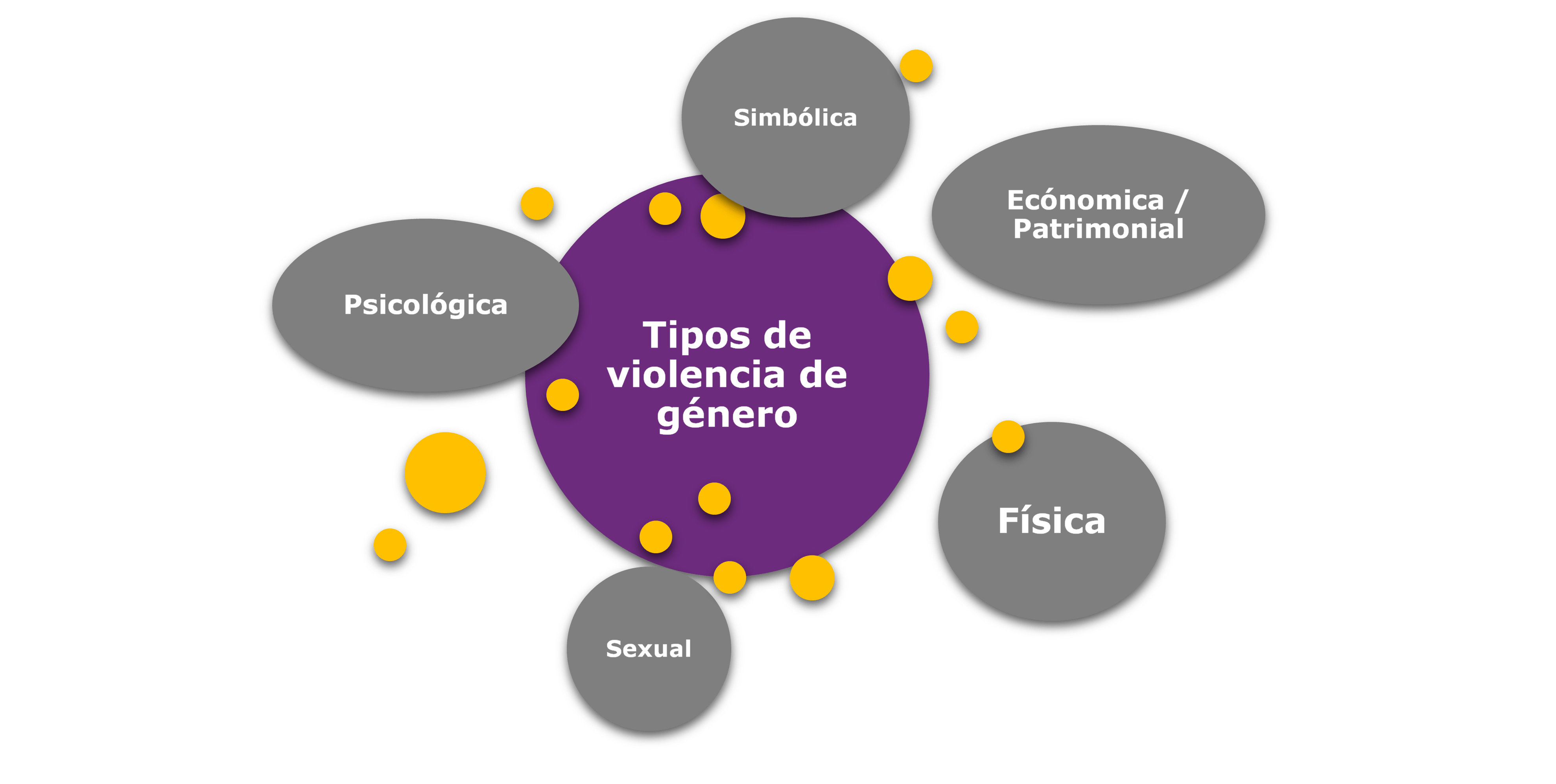According to the WHO and UN Women, globally one in three women has experienced some type of violence because they are a woman, becoming a serious sociocultural and public health problem < span> [1] . In Colombia, where the protection of women and gender equality are a constitutional guarantee, the implementation of strategies and public policies aimed at reducing inequality and violence against women is increasing. However, due to the isolation measures that the government took as a cause of Covid-19, these strategies had to be intensified as the inequality gap between men and women increased and there was an increase in violence ( especially the domestic one) against the woman.
The Government has recognized that the impact of Covid-19 has had different costs for women, especially in factors related to: (i) the care system, since two thirds of the workforce in the health sector are women; (ii) unpaid care, since normally the care of children and relatives falls to women; (iii) small businesses, considering that the crisis has affected most sectors where women with small businesses participate, (iv) unemployment, to the extent that the crisis has affected sectors in which women have a greater participation, such as hotels, commerce and restaurant services; and (v) impacts on violence, since higher rates of physical and psychological violence against women have been registered, particularly within their families [2] , isolating them and confronting them with additional obstacles to escape from violent situations or access protection orders and / or essential services [3 ] .
Regarding the last aspect, it is important to remember that violence against women is understood as “any violent act or aggression, based on a situation of inequality within the framework of a system of relations of domination of men over women that results, or may result in physical, sexual or psychological harm to the woman ”, namely, under the following types of violence:

The latest figures for compulsory isolation reflect the increase in rates of violence against women. On the one hand, Legal Medicine in its April 2020 Bulletin recorded the following cases of conduct described, in which a woman [4] </ span> : (i) medicolegal examinations related to sexual offenses (5,398); (ii) interpersonal violence (8,004); (iii) homicides (261); and (iv) domestic violence (13,843), of which 10,218 cases are due to intimate partner violence, 296 cases of violence against the elderly, 955 cases of violence against children and adolescents, and 2,734 cases of violence originating from Other family. On the other hand, the Presidential Council for Women’s Equity in its Bulletin No. 8 of May 18, 2020 recorded that while in 2019 there were 2,647 calls to the “Línea 155” helpline, in the comparable period In 2020, 6,733 calls were received, increasing by 154%. Additionally, telephone reports associated with domestic violence grew by 170%, with 104 homicides classified as presumed femicides during mandatory isolation and 188 as of May of this year at the national level [5] . In total, last year 976 women were murdered in Colombia [6] . This year there are 315 [7] .
Due to the above, the government and territorial entities have advanced in measures in favor of women, some of which will be maintained after the health crisis. Among other things, through Decree 810 of 2020, an initiative was implemented to support women’s businesses; Through Decree 460 of 2020, the services of family police stations have been kept active (according to the recommendations of UN Women) [8] </ a>; and through Resolution 595 of 2020, the Ministry of Health allocated resources for territorial entities to support women victims of violence.
In the case of Bogotá, the Secretariat for Women has promoted the initiative “ safe spaces “, from which women can activate a protection mechanism through the protocols established in the Ara, Justo stores & amp; Well, D1 and Farmatodo, and recently through Terpel service stations; adFurthermore, women who need to go out of their homes to prosecutors, police stations or shelters, will be able to have safe and free transportation with Smart Taxi, Sodexo and BYD (electric cars). For its part, Medellín implemented the “ amorometer ” that seeks to create awareness in men and boys to manage new masculinities committed to gender equality, and in May 2020, 701 protection measures have been processed by domestic violence.
The problems that have intensified for women as a result of the current crisis and the initiatives implemented to address them should serve as a tool to continue fighting inequality and violence against women, also guaranteeing greater awareness and tools for different agents. society [9] , so that there is earlier detection and intervention in favor of applying the different support mechanisms they are intended for women.
At Gómez-Pinzón Abogados we are committed to the protection of women, so through this space we also want to communicate which are the citizen service lines that a woman can go to in case she feels at risk or suffers any type of violence:
& nbsp;
| Bogotá | Rest of the Country |
|
|
& nbsp;
By Silvia Robledo, Associate of Banking, Finance & amp; Capital Market, and María Paula Herrera, student of the Gómez-Pinzón Abogados Seed Plan.
& nbsp;
————————————————– ————————————————– ————————————————– ———-
[1] WORLD HEALTH ORGANIZATION (WHO): https://www.who.int/es/news-room/fact-sheets/detail/violence-against-women#:~:text=Las%20Naciones%20Unidas%20definen%20la,producen%20en%20la% 20life% 20p% C3% BAblica .
[2] Decree 810 of 2020 of the Ministry of Finance, citing the OECD “ Women at the core of the fight against COVID-19 crisis ”.
[3] UN Women Regional Office for the Americas and the Caribbean. Gender and Covid-19 in Latin America and the Caribbean: Gender Dimensions in the Response, 2020.Available at: https://www2.unwomen.org/-/media/field%20office%20americas/documentos/publicaciones/2020/03 /briefing%20coronavirusv1117032020.pdf?la=es&vs=930
[4] National Institute of Legal Medicine and Forensic Sciences, April 20
